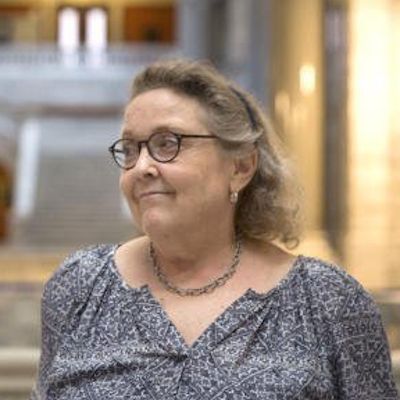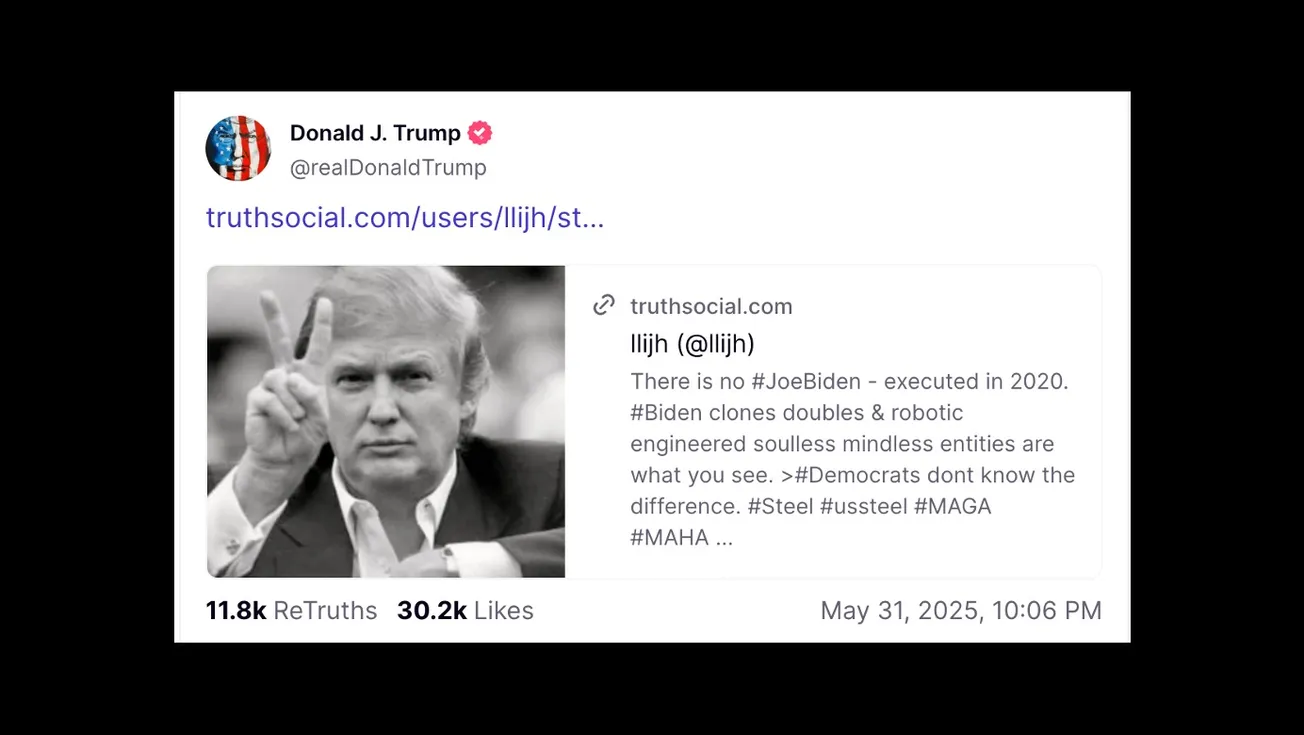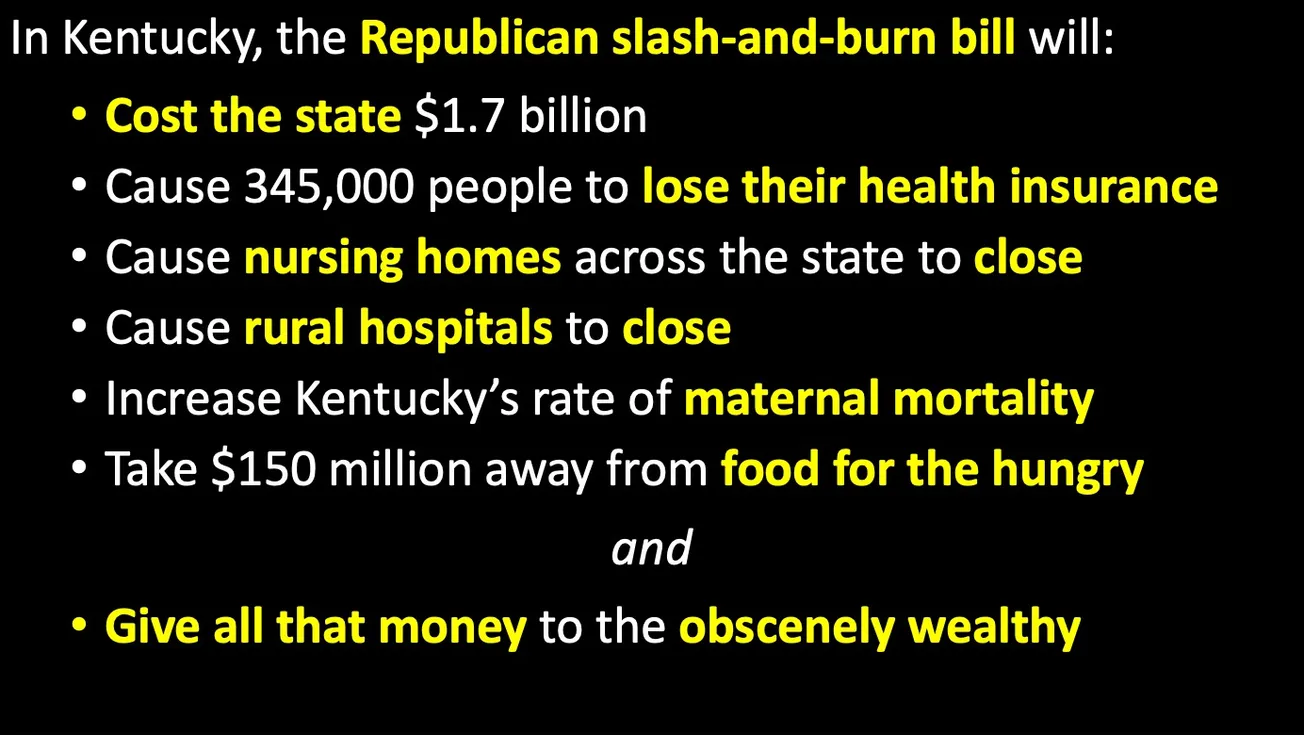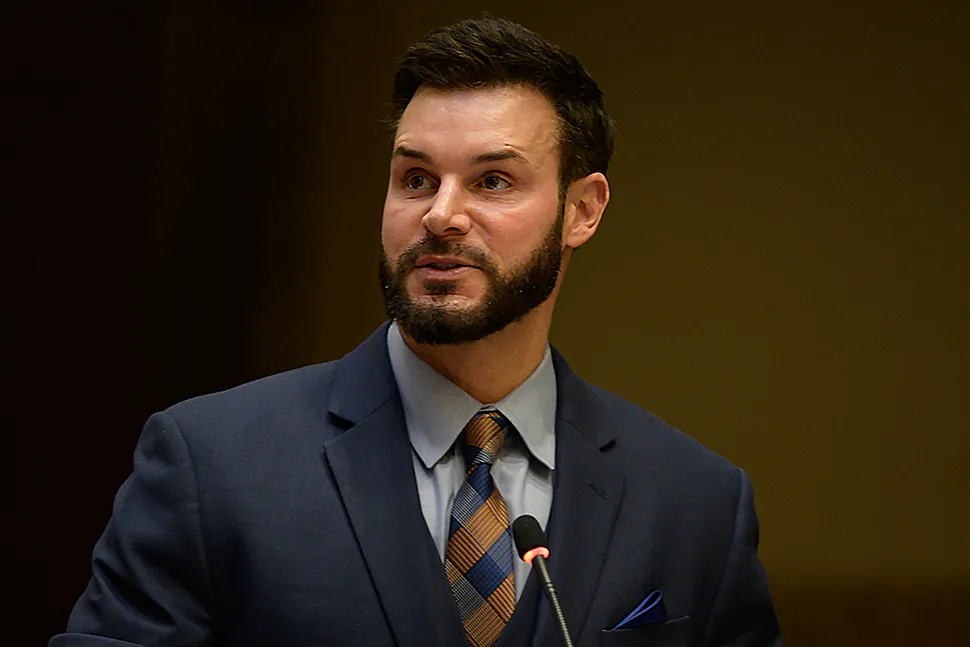On May 22, members of the Jefferson County Public Schools’ Board of Education cast their final vote for a new superintendent. The selection process offered the board an opportunity to rebuild bridges between itself and the community through maximum transparency and inclusion — up to, including, and after the moment board members cast their votes.
It was a missed opportunity.
Board members engaged in conduct so secretive that the Courier Journal promptly filed an open meetings complaint against them. The Courier complained that the board reached a decision or consensus during a closed session to hire the new superintendent, conducted a sham vote in open session to ratify the decision made during closed session, and withheld the identity of the successful candidate, refusing to release his name until after contract negotiations were concluded.
The public learned his name not through official channels but from a loose-lipped legislator.
How the board will refute the Courier’s allegations is not yet known — its three-business-day statutory deadline for response has not expired. It is likely to advance the same arguments advanced by Mayor Craig Greenberg several months ago in selecting a new chief of police. Kentucky’s open records and open meetings laws, the argument goes, require secrecy to protect the privacy of the finalists.
But this is a convenient misconception.
The Kentucky Open Records and Open Meeting Laws establish the floor. An agency cannot conduct public business beneath that statutory minimum.
The laws do not establish a ceiling. Agencies may exceed the statutory minimums in the interest of promoting open (better) government.
For example, the open meetings law requires that in order to minimally satisfy the meeting minutes requirement an agency must keep “an accurate record of votes and actions” taken in open session. But an agency is free to take copious notes of both closed and open sessions. It may disclose the minutes of the closed session upon request — though under longstanding interpretation, the open records law does not require it.
As long as it satisfied the minimum legal requirements, no public agency has ever been penalized for liberally implementing these laws to enhance the public’s right to know — doing more than the law narrowly requires to promote the clearest and best understanding of how policies are formed and decisions are made.
In the world of open records and open meetings, more is more.
Unfortunately, many public agency attorneys steer their clients toward the safest and most conservative (least open) course the laws allow. The prospect of liability may concern them. They may harbor ill-will toward the laws. Or the the attorneys, and the agencies they serve, may be mired in outdated thinking or prefer to operate on auto-pilot to maintain the status quo.
Who can forget Mayor Greenberg’s claim that he was constrained by the open records and open meetings laws from conducting a more inclusive and transparent search for his first chief of police?
Separately, emails obtained by the Courier not long ago revealed that former members of the University of Louisville Board of Trustees violated the open meetings laws — even as they publicly professed their commitment to open government — when they orchestrated the departure, under duress, of immediate past president Kim Schatzel and her replacement with current president Gerry Bradley.
Now, the JCPS Board of Education finds itself in legal hot water. A school district that has witnessed years of turmoil; that has a legislative target on its back; and that serves a community which demands truth and candor, chose the course of lesser openness. Each finalist’s name and background was known — a significant fact that cuts both ways in light of dubious privacy claims asserted on their behalf. And the legal theories on which secrecy arguments are based — that secret searches yield better outcomes — were long ago discredited.
Each of these public agencies had the opportunity to do more to advance the public’s rights to know, but chose to do the minimum and, in some instances, less than the law requires, prompting the Courier’s lawsuits against them. Ultimately, the courts will decide if their conduct was illegal.
Every public agency, agency counsel, and agency member would do well to remember that there is a great expanse between the floor and the ceiling: what a public agency must do to adhere to the letter of the open records and open meetings laws, and what a public agency may do, in keeping with the spirit and the letter of the laws, to build public trust through even greater openness than Kentucky’s law requires.
--30--








